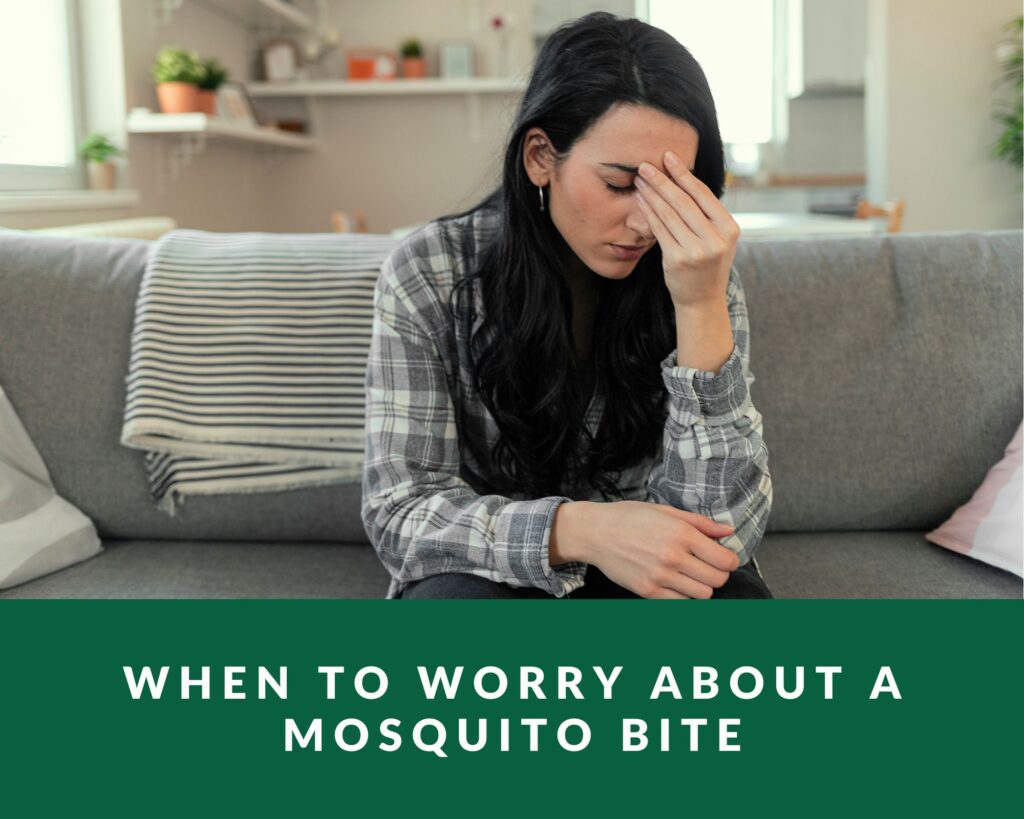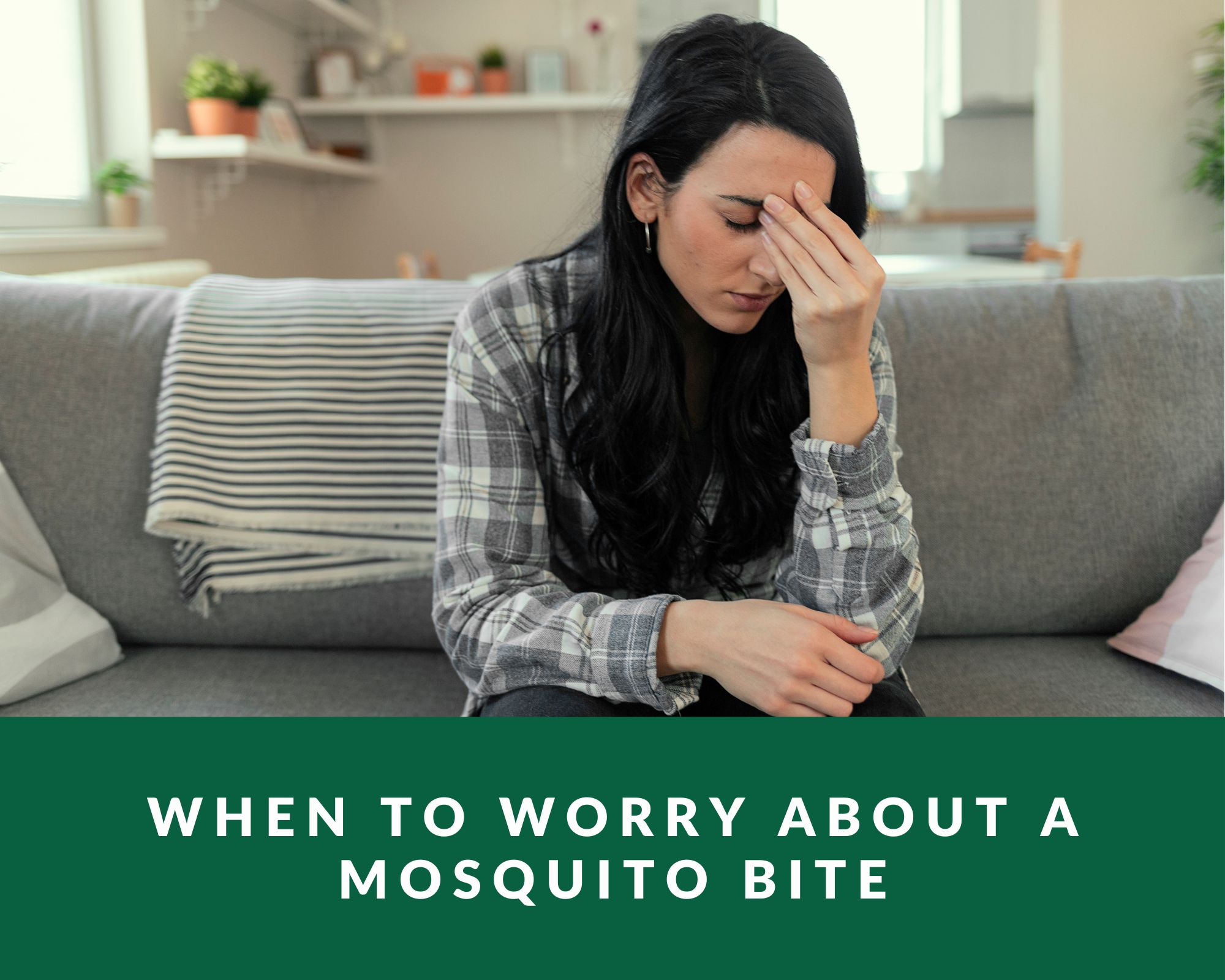
Mosquito bites appear on your skin causing an uncomfortable bump as a result of a mosquito feeding on your blood. Without any therapy, the lumps often disappear in a few days. Certain mosquito bites could become extremely large, painful, and irritated. The majority of people who have this reaction, also known as skeeter syndrome, are children.
Symptoms of mosquito bites
Bites from mosquitoes frequently occur in body regions that are not covered by clothing. These symptoms include:
Itching
When a mosquito bites you and injects saliva into your skin, it makes you itch. Your body is actually reacting to the saliva and not the bite itself. It may be helpful to apply heat or to simply rinse the irritated region with warm water.
Raised bumps/ lumps
Your body will respond to a mosquito bite in a matter of minutes. The pale, bloated bump that frequently develops around the bite mark itself is the main symptom of a mosquito bite.
A tiny red dot typically appears in the center of this inflammatory festering wound to identify it. Based on how often times you’ve been bitten, this bump may harden over the course of a few days and develop into a number of swollen sores.
Sometimes skin discoloration around the bite (typically red or brown)
Your immune system will react when you are bitten by a mosquito, starting a chain reaction. In order to fight off invasive infections, the immune system unleashes a wave of inflammatory molecules after identifying the chemicals in mosquito saliva as hazardous.
The cells that produce the dark skin pigment melanin, known as melanocytes, can occasionally be stimulated by these substances, which can result in the development of small, dark spots that may resemble bruising surrounding the affected area. Histamine and other inflammatory substances expand your blood vessels, causing skin redness near the bite spot.
When to worry about a mosquito bite
Although many people who get bitten by mosquitoes won’t experience any major symptoms, some people may experience more severe symptoms. Call your doctor or go to an immediate care unit. If you experience more serious symptoms, such as:
High fever
One is said to have a high temperature if their body temperature rises above 37°C. When you start to feel feverish, your temperature is typically over 38°C, and if it keeps rising, you could be in danger.
Anaphylaxis
Anaphylaxis is a hazardous and potentially fatal illness that typically manifests as severe allergic reactions and is marked by lightheadedness, wheezing, and breathing difficulties.
Within minutes of interaction with the alleged infection, your immune system triggers abnormal blood vessel swelling that sets off anaphylactic reaction. It can be devastating if you do not receive treatment early enough.
Significant swelling or discomfort (either around the bite location or in the lymph glands):
Bite wounds to the upper face might result in significant eyelid edema. This may continue for a few days. The swelling from bites may be both massive and pink.
Joint pain
Joint discomfort is a symptom that is difficult to instantly link to a mosquito bite and can be quite incapacitating. However, it is a prominent chikungunya virus side effect, and if untreated, it can even develop into a medical illness that lasts for months or even years after other symptoms have subsided.
Vomiting, nausea, diarrhea, or abdominal cramps
Vomiting isn’t a good indicator and needs to be taken care at all times. When caused by a mosquito bite, the condition can be a precursor to more severe symptoms and potentially serve as an early warning sign of deadly illnesses like malaria.
Headache
A chronic headache with intense discomfort is referred to as a severe headache. It may occasionally be a sign of diseases spread by mosquitoes, such as West Nile or the Zika virus.
Others include:
- Tightness in the chest
- Dizziness or fainting
- Swelling of throat
Common Mosquito-borne Diseases
- Malaria
- West Nile Virus
- Chikungunya
- Yellow fever
- Dengue fever
- Arboviral Encephalitis
How to Present Mosquito Bites
Avoiding mosquito bites altogether is the greatest method to prevent the irritating itching they cause.
Being outside and during the late afternoon and early evening hours, when many biting insects are most active, increases your risk of getting bitten by mosquitoes. Fortunately, there are precautions you may take to stay secure when you’re out and about.
- Avoid wearing vivid colors or using scents like perfumes and deodorants that are likely to repel insects.
- Put on long sleeves, pants, shoes, and hats.
- When sitting, use repelling items and insect-repelling sprays on exposed skin.
- Stay away from water that is stagnant or moving slowly.
Conclusion
Itching from mosquito bites can be excruciating, especially at night. The inflammatory reaction that causes the red, uncomfortable bumps is designed to protect you, but they can end up being more bothersome than the mosquitoes.
This is because there are fewer distractions available at night and your body produces less of some hormones that trigger itching.
Even if it’s difficult, try to resist the need to scratch because, despite the fact that it may feel nice at the time, doing so might eventually create greater itching over a bigger area as well as a skin infection. Contact a qualified medical professional if serious reactions continue.

